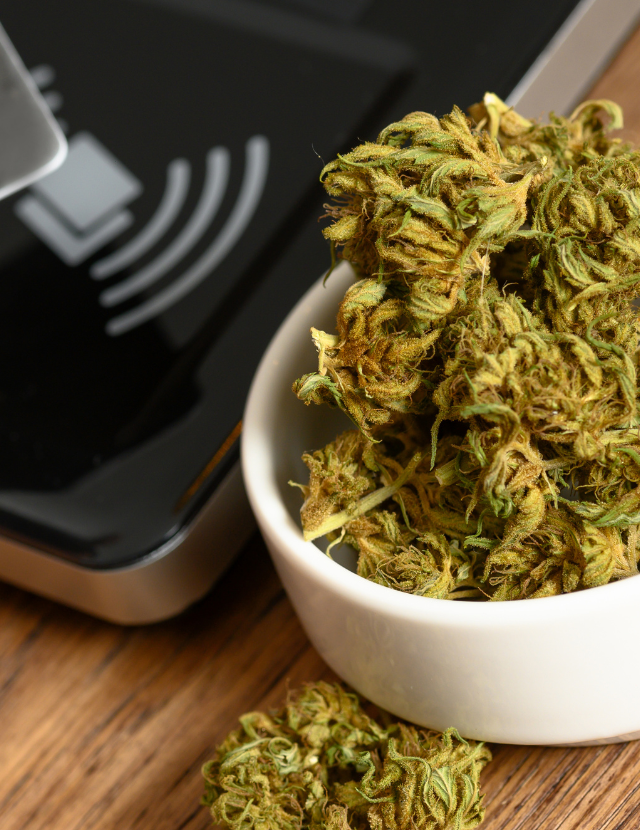Understanding the Health Impacts of Recreational Marijuana Legalization and Retail Outlets in Washington State
Program
-
Focus Areas
Alcohol, Tobacco, Drugs & Mental Health -
Issues
Cannabis -
Expertise
Research – Quantitative

Marijuana policy analysis has taken on new urgency with widespread medical marijuana legislation and, more recently, recreational legalization in an increasing number of states. In November 2021, the state of Washington voted to legalize recreational marijuana with time allowed to implement a regulatory framework. Retail stores did not open until July of 2014.
With funding from NIAAA, researchers from PHI’s Alcohol Research Group (ARG) examined the effects of recreational cannabis legalization and retail store availability in Washington State using data from six population surveys (2014-2016) and county-level mortality records (2009-2020). The study explored changes in cannabis use patterns, purchasing behaviors, secondhand harms, co-use with alcohol, and public health outcomes associated with cannabis retail store presence.
Key Findings
- Increase in Cannabis Use: Between 2014 and 2016, cannabis use prevalence rose from 25.0% to 31.7%, with notable increases among adults aged 50+ and those using cannabis alongside alcohol.
- Retail Store Density and Economic Disparities: Cannabis retail stores were disproportionately located in economically disadvantaged areas. Proximity and store clusters were linked to frequent cannabis use.
- Secondhand Harms from Cannabis Use: About 8.4% of individuals reported experiencing harms due to others’ cannabis use, such as family and financial problems, assault, harassment, and impaired driving incidents.
- Co-Use of Cannabis and Alcohol: Simultaneous use of cannabis and alcohol increased the risk of cannabis-related problems, compared to separate use.
- Impact of Retail Stores on Public Health: Higher cannabis store availability was linked to lower accidental and opioid poisoning mortality rates, supporting theories cannabis may substitute for opioids. However, no significant effects were found for motor vehicle accidents, homicide, or suicide.
This study provides critical insights into the social and public health effects of recreational cannabis legalization. Findings highlight the need for equitable cannabis policies, monitoring of co-use with alcohol and further investigation into cannabis’ role in opioid harm reduction.
A version of this story first appeared in ARG’s 2024 impact report. Learn more about this work on ARG’s site.
Work With Us
You change the world. We do the rest. Explore fiscal sponsorship at PHI.
Support Us
Together, we can accelerate our response to public health’s most critical issues.
Find Employment
Begin your career at the Public Health Institute.
